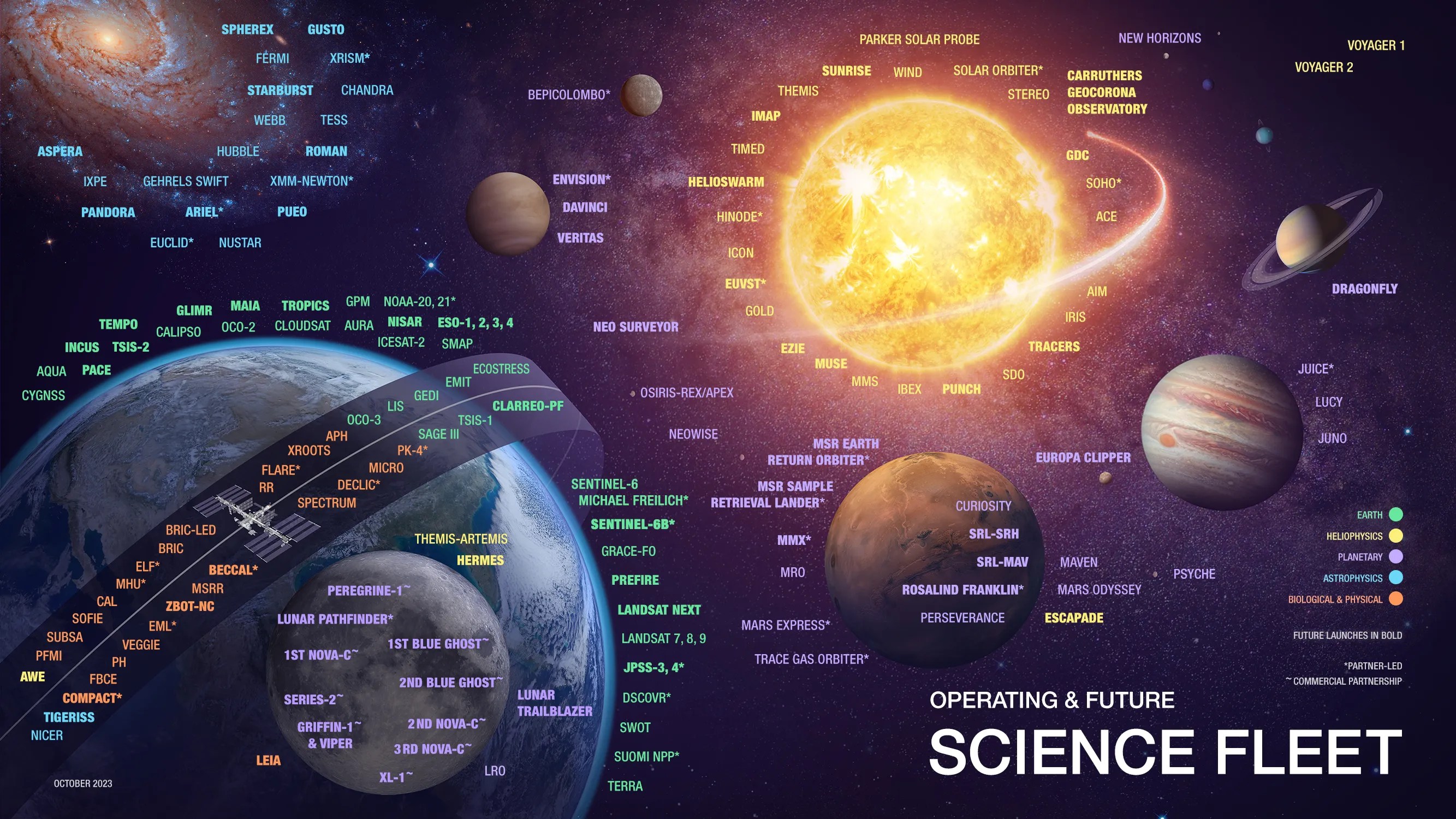Mathematics En Masse
So far I’ve covered a technological and an ideological problem. This one’s logistical.
Specifically, in a discipline where one question can have many answers, it’s easy to set up a traditional forum discussion where every student’s contribution is meaningful and a springboard for further interaction. One student’s opinion does not make moot the opinion of anyone else.
With mathematics, even if the question is applied and relevant, quite often there is only one correct answer. So the traditional forum method can fail, since once one student posts the answer, there is no incentive for further discussion.
This can be solved by splitting — having only individual answers or collaboration in small groups — but this removes the very thing that makes social technology exciting: collective intelligence on a scale above what is possible with in-person interaction. Imagine, for instance, having a problem not just group-solved by your individual algebra class, but by every algebra class in a school.
There’s ways around this, like:
1. Personalized data: Students might figure out the square area of a room in their house. So every student does their calculation on something different, and then statistical methods can be applied to the data as a whole.
2. Required estimates. In a mathematics modeling problem, students try to match real-world data with an equation. While there are “best-fit” equations this can be done by hand, so that there isn’t one correct answer.
Unfortunately, neither method fully taps into the power of the group dynamic. The individual contributions don’t rebound and augment each other like an open-ended discussion. So I’ll ask: what are the best ways to set up a collaborative online assignment in mathematics?
The best solution I can think of is to get students to explain process. The class could essentially write its own textbook with a wiki; the assignment one week might be to finish the online explanation of graphing parabolas, and every student has to pitch in. I have yet to try something like this, so if anyone has, drop a line in the comments.
Jason Dyer, Guest Blogger




